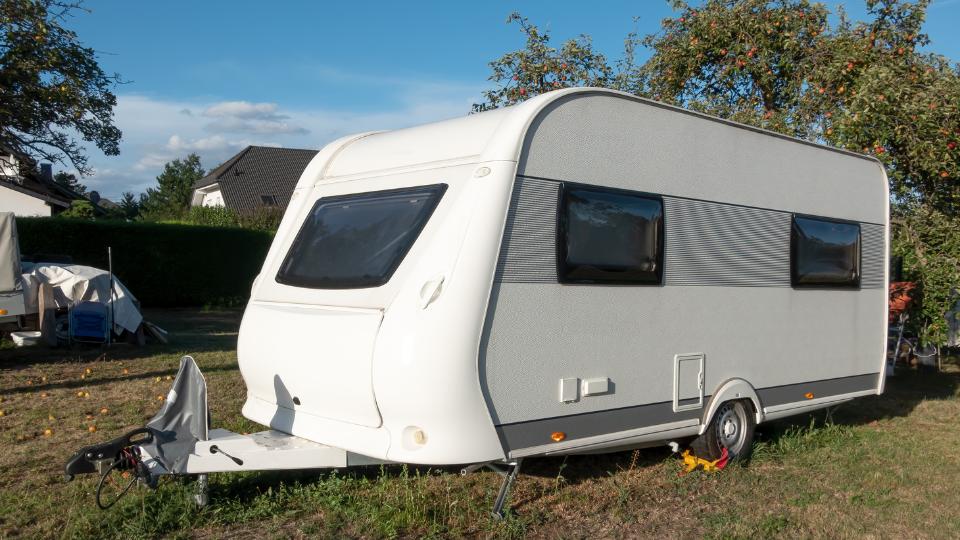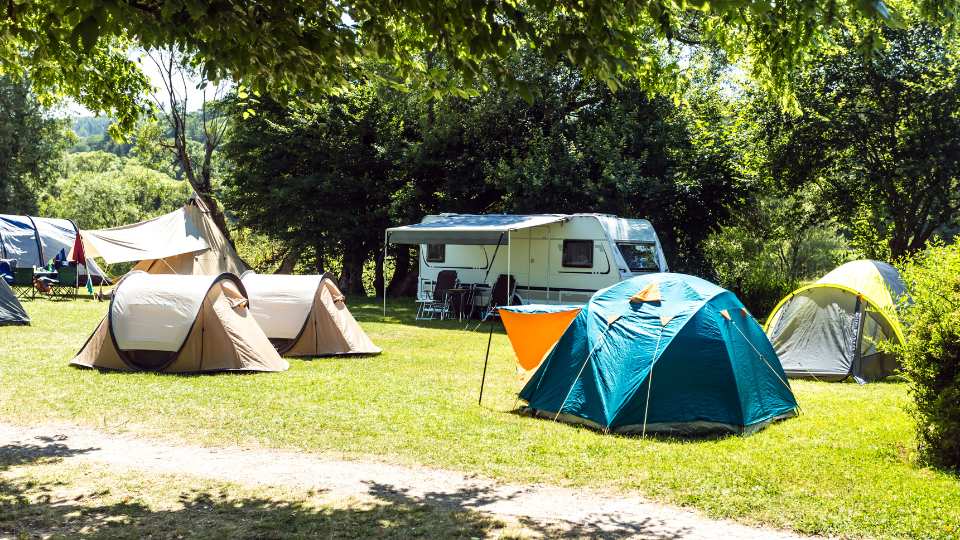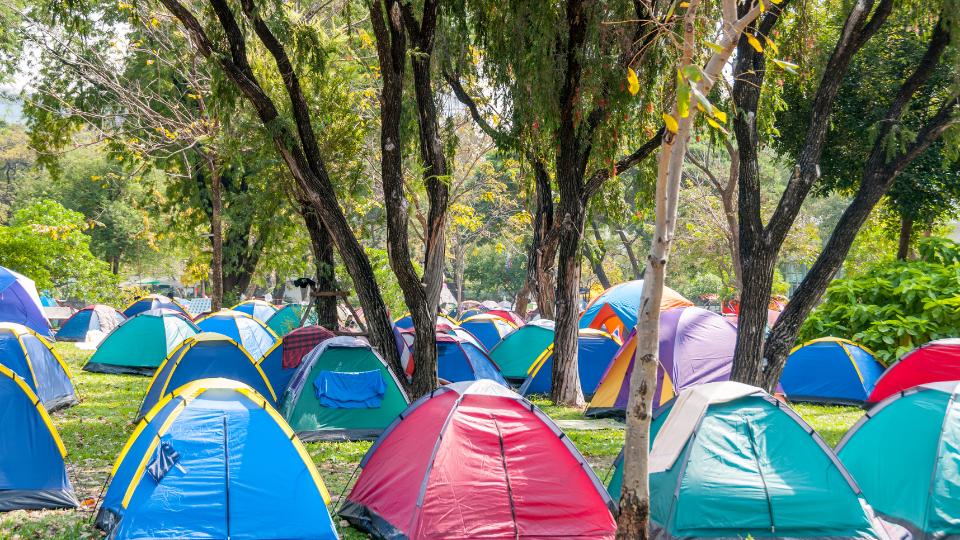
As the popularity of caravanning continues to soar in the United Kingdom, it’s important to consider the environmental impact associated with how to scrap a caravan.
Each year, numerous caravans reach the end of their lifespan, resulting in a significant waste management challenge.
However, by adopting responsible practices for caravan scrapping and recycling, we can minimise the environmental footprint and contribute to a sustainable future.
In this article, we’ll outline the process of scrapping a caravan in the UK, explore the benefits of recycling, and provide valuable statistics related to caravan disposal.
The environmental impact of caravan disposal in the UK
Caravans, constructed using various materials such as steel, aluminium, plastic, and fibreglass, pose a considerable environmental burden when left unattended in landfills.
These materials take hundreds of years to decompose, releasing harmful substances into the environment and occupying valuable land space.
To illustrate the magnitude of this issue, consider the following statistics:
- In the UK, approximately 300,000 caravans are scrapped each year, contributing to a substantial waste stream.
- A typical caravan can weigh between 900 kg and 1,800 kg, making it a significant waste item in terms of both size and weight.
- Landfilling caravans can contaminate soil and groundwater due to the presence of hazardous substances like asbestos, chemicals, and heavy metals.
How to scrap a caravan in the UK responsibly
Scraping your caravan responsibly involves following the proper disposal channels to minimise the environmental impact.
Here’s a step-by-step guide on how to scrap a caravan in the United Kingdom:
Prepare your documents: Ensure that you have all the necessary paperwork, including proof of ownership, identification, and relevant registration documents.
Research authorised treatment facilities (ATFs): Find a licensed ATF in your area that is authorised to handle end-of-life vehicles (ELVs). These facilities possess the expertise to dismantle caravans and dispose of them properly.
They will be able to confirm any documentation you will need when looking into how to scrap a caravan.
Remove personal belongings: Before delivering your caravan to the ATF, remove all personal items, including furniture, appliances, and any valuables.
Transport the caravan: Arrange for safe transportation of your caravan to the ATF. Consider hiring a professional towing service or using a flatbed trailer, ensuring compliance with road safety regulations.
Notify the DVLA: Inform the Driver and Vehicle Licensing Agency (DVLA) about your intention to scrap the caravan. This step ensures that you are no longer liable for the vehicle.
Certificate of Destruction (CoD): Upon scrapping your caravan, the ATF will issue you a Certificate of Destruction (CoD), which is a legal document that confirms the vehicle’s proper disposal. Keep this document for future reference.
Caravan Recycling and its Benefits
Caravan recycling is a sustainable alternative to landfilling, offering numerous environmental and economic benefits. By recycling caravans, we conserve valuable resources, reduce energy consumption, and minimise greenhouse gas emissions. Here’s why recycling should be your preferred option:
Resource conservation: Recycling caravans helps recover valuable metals such as steel and aluminium, which can be used in various industries. By reusing these materials, we reduce the need for virgin resources and decrease the environmental impact of mining and extraction.
Energy savings: Manufacturing products from recycled materials consumes less energy compared to using raw materials. Recycling a ton of steel, for instance, saves approximately 1,100 kilograms of iron ore, 630 kilograms of coal, and 55 kilograms of limestone.
Economic opportunities: The caravan recycling industry creates employment opportunities and contributes to the local economy. Recycling facilities require a skilled workforce to dismantle caravans, sort materials, and prepare them for recycling.
Environmental protection: Recycling caravans reduces the strain on landfills, preventing the accumulation of non-biodegradable materials. It helps to preserve natural resources, conserve energy, and minimise air and water pollution associated with manufacturing processes.
Compliance with regulations: The UK has stringent regulations governing the disposal of end-of-life vehicles, including caravans. Recycling ensures compliance with these regulations, helping to protect the environment and avoid potential fines or legal consequences.
Positive public image: Choosing responsible caravan disposal methods, such as recycling, reflects your commitment to sustainability and environmental stewardship. It enhances your reputation and demonstrates that you are actively contributing to a greener future.
Caravan Recycling Process
Once your caravan reaches an authorised treatment facility, it undergoes a comprehensive recycling process. Here are the key steps involved in recycling caravans:
Dismantling: Skilled technicians disassemble the caravan, removing all reusable components and parts. This includes appliances, furniture, doors, windows, and any other salvageable items.
Hazardous material removal: Specialised teams handle the proper disposal of hazardous materials, such as asbestos, chemicals, and fluids. These substances are safely extracted and disposed of according to relevant regulations.
Material sorting: The remaining materials, such as metals, plastics, and fibreglass, are sorted into distinct categories. This facilitates efficient recycling and ensures that each material stream is processed appropriately.
Shredding and granulation: Metal components, such as frames and chassis, are typically shredded to reduce their size. Plastics and fibreglass may undergo granulation, breaking them down into smaller particles for further processing.
Recycling and reuse: The sorted materials are sent to respective recycling facilities. Metals are melted down and used to manufacture new products, while plastics and fibreglass may be transformed into composite materials or other plastic products.
Responsible waste management: Any residual waste that cannot be recycled is disposed of in an environmentally friendly manner, following established waste management protocols.
Conclusion
Proper caravan disposal is crucial for reducing the environmental impact of end-of-life vehicles in the United Kingdom.
By following the recommended steps for caravan scrapping and opting for recycling, we can contribute to a sustainable future and avoid waste being sent to landfill.








